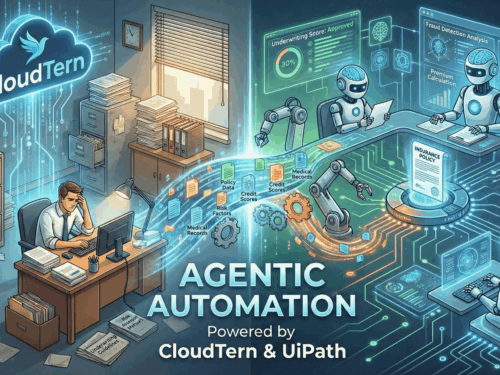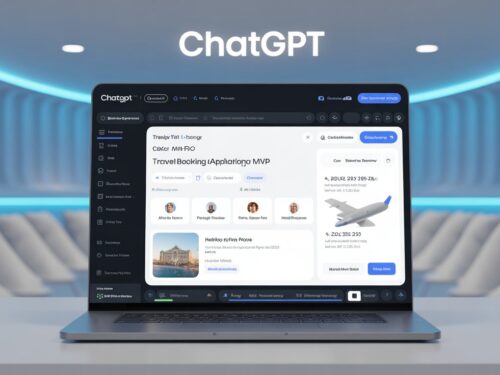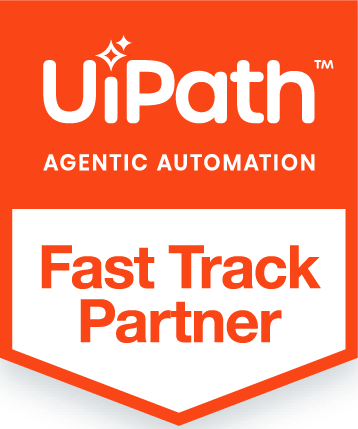An AI Agent is an advanced system designed to operate autonomously, executing tasks with minimal human involvement. It represents a leap into the automation of artificial intelligence, capable of solving problems independently with little to no guidance. This autonomy allows AI Agents to perform diverse functions across various sectors, significantly boosting efficiency and accuracy.
For example, in the automotive industry, AI Agents drive autonomous vehicles that can navigate through intricate traffic conditions, making instantaneous decisions to ensure safety and dependability. In the financial sector, these agents analyze vast amounts of economic data to provide personalized investment advice, assisting users in optimizing their portfolios. By leveraging AI Agents, industries are undergoing transformative changes, as these systems streamline operations and enhance decision-making through data-driven insights.
The Operational Framework of AI Agents
AI agents function through three core phases: perception, reasoning, and action. In the perception phase, they gather data from their surroundings using sensors like cameras and microphones. For example, temperature sensors in a smart home monitor indoor conditions and adjust settings based on external weather changes. This data collection builds a comprehensive understanding of their environment, enabling the agents to respond effectively.
In the reasoning phase, AI analyzes the collected data using advanced algorithms, such as machine learning and natural language processing, to identify optimal actions. During the action phase, these decisions are executed, like adjusting a thermostat or offering tailored advice. Feedback from their actions allows AI agents to learn and improve over time. By seamlessly integrating these phases, AI agents enhance efficiency and automation, paving the way for intelligent systems to play a transformative role in everyday life.
Striking the Balance: Empowering Agentic AI
The conversation around autonomy and assistance in agentic AI centers on achieving the right equilibrium between empowering users and maintaining control. Autonomy refers to AI systems capable of independent functioning, decision-making, and adaptive learning from their environments—a significant leap from traditional AI reliant on explicit user prompts. While this independence can enhance efficiency and spur innovation, it also raises concerns about accountability, user trust, and the potential erosion of personal agency.
Conversely, assistance-oriented AI emphasizes collaboration, working alongside humans to support decision-making without overshadowing it. This approach amplifies human abilities, fostering creativity, productivity, and a sense of empowerment. By nurturing a cooperative dynamic between humans and AI, we can achieve a harmonious balance that safeguards human agency while delivering peak performance. Ultimately, the goal is to design AI systems that cultivate a symbiotic relationship, driving benefits for individuals and society alike.
Challenges in Adopting Agentic AI Systems
- Accountability and Ethical Issues: A significant challenge in adopting agentic AI systems is the difficulty in understanding their autonomous decision-making processes, which raises concerns about transparency and fairness. Additionally, the presence of embedded biases in AI models can lead to discriminatory outcomes, ultimately undermining trust among users and society.
- Erosion of Human Agency: Another critical issue is the potential erosion of human agency, as over-reliance on autonomous systems may lead users to become passive participants in decision-making. This dependence can diminish essential skills such as critical thinking and problem-solving. Furthermore, users may experience feelings of exclusion, which can undermine their confidence in the technology.
- Security and Privacy Risks: Security and privacy are pressing concerns, given that agentic AI systems require access to extensive datasets. This requirement makes them attractive targets for cyberattacks, and vulnerabilities in their decision-making processes can be exploited. Moreover, the need for large volumes of data increases the risk of privacy breaches.
- Legal and Regulatory Challenges: The legal and regulatory landscape for agentic AI remains inconsistent and underdeveloped, complicating the determination of accountability for failures. Varying regulations across different regions can hinder deployment and innovation, creating further obstacles for the responsible implementation of these systems.
Collaborative Solutions Needed
To effectively address these challenges, it is essential to foster collaborative efforts among developers, policymakers, and stakeholders. This collaboration should focus on establishing ethical frameworks, enhancing transparency in AI operations, and implementing robust security measures. By addressing these issues collectively, we can better harness the potential of agentic AI while mitigating associated risks.
Transformative Applications of Agentic AI Across Industries
Healthcare
Agentic AI is transforming the healthcare sector by efficiently and accurately analyzing extensive medical data. It plays a vital role in early disease detection by meticulously processing imaging data and patient records. AI-driven tools are also utilized to develop personalized treatment plans, and customize therapies to suit the specific needs of individual patients. Moreover, virtual health assistants provide round-the-clock support, answering patient queries and enhancing accessibility. In addition, Agentic AI streamlines administrative functions such as appointment scheduling and billing, reducing the burden on healthcare providers.
Recruiting
In the recruitment industry, Agentic AI optimizes the hiring process by automating resume screening and candidate shortlisting. Its algorithms proficiently evaluate candidates’ skills, experiences, and qualifications to ensure accurate matches with job roles. Additionally, AI helps diminish unconscious bias, promoting diversity and fairness in hiring practices. Chatbots enhance the candidate experience by delivering instant updates, addressing frequently asked questions, and facilitating seamless communication. Overall, these AI tools save time and resources for recruiters, leading to higher-quality hires.
Financial Services
Agentic AI substantially enhances financial services through sophisticated data analysis and predictive capabilities. It allows for real-time detection of fraudulent activities by analyzing transaction patterns and spotting anomalies. AI-powered systems evaluate risk and provide personalized investment advice based on individual user profiles. Chatbots assist customers with a variety of tasks, such as balance inquiries, loan applications, and account management. Furthermore, robo-advisors fine-tune investment portfolios, helping clients achieve their financial goals with precision and efficiency.







